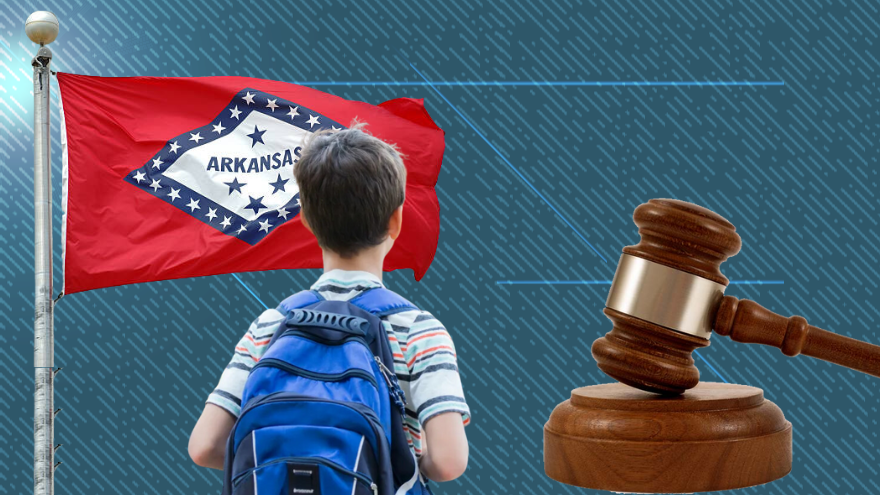A federal judge has temporarily blocked Arkansas from enforcing a law that would require minors to have parental consent before creating a social media account.
The law was challenged by NetChoice, a technology trade group whose members include several prominent social media companies.
District Judge Timothy L. Brooks of the Western District of Arkansas prevented the law from going into effect on Sept. 1 after granting an injunction as the case moved through the legal system.
The law – Arkansas Act 689 – was passed in 2023 and would require social media platforms to verify the age of anyone with an account who lives in Arkansas. Furthermore, the companies would need to require age-verifying documents and could not rely on self-reporting alone.
Brooks heard arguments in the case on Aug. 15 and ruled on Aug. 31 that NetChoice’s claim that the policy violated free speech rights had merit.
“Therefore, for the reasons explained below, the Court finds that NetChoice’s arguments are likely to succeed on the merits and its request for a Preliminary Injunction is GRANTED,” wrote Brooks in his 50-page decision.
NetChoice, which represents Facebook, Instagram, Twitter, TikTok, Snapchat, Pinterest, X, and Nextdoor, has described the law as an “unlawful power grab.”
“We’re pleased the court sided with the First Amendment and stopped Arkansas’ unconstitutional law from censoring free speech online and undermining the privacy of Arkansans, their families and their businesses as our case proceeds,” said Chris Marchese, the director of the NetChoice Litigation Center, in a press release on Aug. 31. “We look forward to seeing the law struck down permanently.”
“If the law ultimately takes effect, Arkansans would only have access to a state-approved internet experience, and only after they hand over their private information,” he added.
Arkansas Attorney General Tim Griffin argued on behalf of the state that the law limits minors' access to social media in a way that does not violate the Constitution. The state also said the law would neither place an unreasonable financial burden on social media platforms nor infringe on Arkansas residents’ privacy.
Brooks, however, said that "the balance of the equities and public interest decidedly favor NetChoice, given the likelihood that Act 689 will infringe the public’s First Amendment rights."
“Act 689 is not targeted to address the harms it has identified, and further research is necessary before the State may begin to construct a regulation that is narrowly tailored to address the harms that minors face due to prolonged use of certain social media," wrote the judge.
“Age-gating social media platforms for adults and minors does not appear to be an effective approach when, in reality, it is the content on particular platforms that is driving the State’s true concerns,” he continued. “The many exemptions in Act 689 all but nullify the State’s purposes in passing the Act and ignore the State’s expert’s view that parental oversight is what is really needed to insulate children from potential harms that lurk on the internet.”

